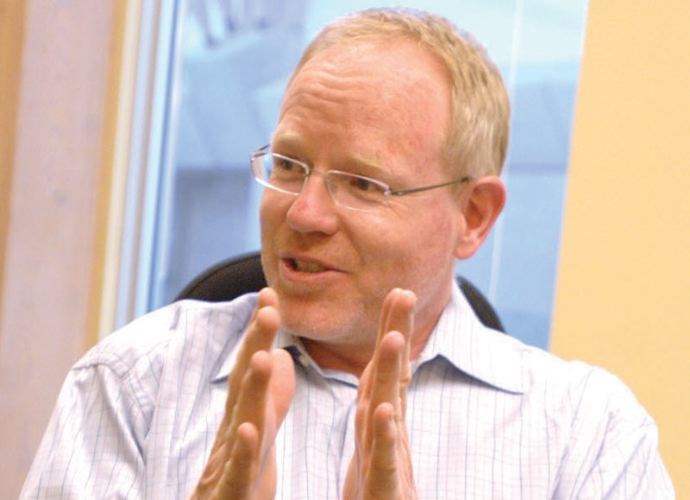At the same time the government is planning to liberalize the province's drinking laws, a new study by a Northern Medical Program researcher makes a case for increasing the minimum drinking age.
In a study published in the journal Drug and Alcohol Dependence, professor Russ Callaghan found that raising the minimum drinking age to 21 across Canada would save about 32 lives of young men every year.
"I don't think there's any other commodity where people can get access to it and it causes such harm to the population," Callaghan said of alcohol. "That doesn't mean there aren't benefits - people have been enjoying alcohol for millennia - but I think it's an important part of the conversation."
Callaghan's research found that in Alberta, Manitoba and Quebec where the minimum drinking age of 18, there was a significant spike in male youth mortality shortly after young men reached their 18th birthday. In provinces like B.C. where the legal age is 19 the mortality rate once young men reach the age of majority was still pronounced, but lower than that of the provinces where the drinking age is 18.
The rates of death for young women after they reach the legal drinking age also increased, but it was determined not to be statistically significant.
Callaghan has found a younger legal drinking age also results in higher hospital admissions for assaults, car crashes and for other alcohol-related incidents.
Since the spike in deaths was lower at age 19, Callaghan's paper suggested it would be lower still if the drinking age were increased to 21 because newly legal drinkers would be more mature.
"People are getting more experience driving, getting more experience with alcohol and they may more likely to have social roles that would impede hazardous drinking," he said. "They may be in relationships or maybe some of them would have children or other school obligations."
Callagahan hopes his paper will be a good starting point for discussion, given the changes that the provincial government is set to make to liquor laws, including allowing the sale of alcohol in grocery stores and new rules for beer gardens.
"In my reading, B.C. is moving towards a position where they want to increase sales to the population and the increased economic benefits without acknowledgment of the harms that it's going to bring," he said.
The legal drinking age in most Canadian provinces, including British Columbia, used to be 21 but they were lowered in the 1970s, which Callaghan attributed to a political desire at the time to harmonize the age of majority with drinking laws.
B.C. was one of the first jurisdictions to drop its drinking age when it moved to 19 on April 15, 1970. The most recent province to modify its legal drinking age is Prince Edward Island, which moved from 18 to 19 in 1987.
While Callaghan's research shows lives could be saved if the drinking age were increased, his paper also notes there are political impediments from making it happen. He said young voters would likely object to have their ability to drink legally taken away and brewery and distillery companies wouldn't want to see their potential customer base shrink.
"From a public health perspective, I think the reasons [to increase the age to 21] are quite strong and defensible," Callaghan said. "There's always a tension with what's best for public health and what's best for the individual when it comes to their rights."
If the minimum age were increased to 21, it could result in more underage drinking infractions but Callaghan said since underage drinking occurs under the current rules that's not a reason to forego a legislative change.
Callaghan has secured a grant to continue with his research on the subject. He's currently examining the links between the minimum legal drinking age and crime rates.
"My overall research program is to look at how this particular piece of legislation affects a wide range of social harms and costs," he said. "It really offers a neat natural experiment about what happens to a population, a young population, when they are given legal access to alcohol."

.png;w=120;h=80;mode=crop)

